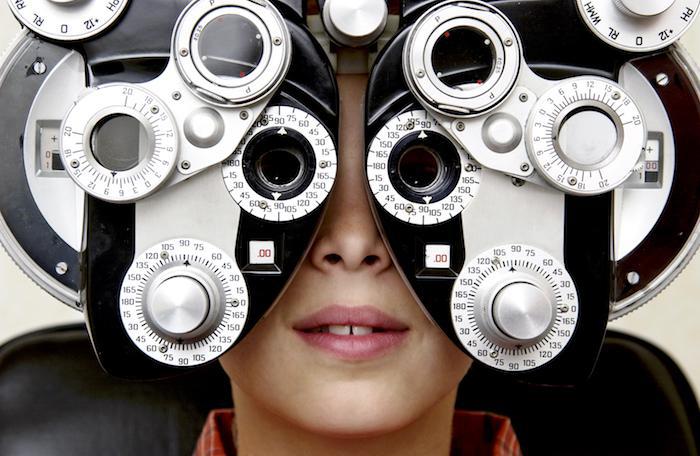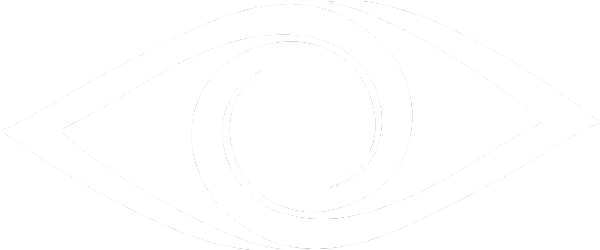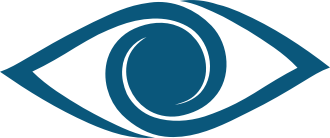
When was the last time you had an eye exam? As a new year gets underway, if you’re like many people, you see the dawn of a new decade as a fresh start and an opportunity to embrace growth and live a healthier lifestyle. Remember to make your eye health a top priority in your quest to be a healthier version of yourself, and kick off the new year with a wellness vision exam.
A wellness vision exam with our experienced team of ophthalmologists at Beverly Hills Institute of Ophthalmology is your first line of defense for maintaining optimum eye health. Our team of ophthalmologists knows that everyone benefits from a personalized comprehensive eye exam because people have different needs at different stages of life.
We perform a thorough exam based on your age — infants to seniors — and we’re often the first health care provider to detect certain types of systemic diseases. After all, your eyes aren’t just the window to your soul, they’re also an indication of your overall wellness.
What to expect at your wellness vision exam
Our dedicated ophthalmology team takes a comprehensive approach to your eye health and vision needs. As part of your wellness vision exam, we discuss your medical history and your current eyeglasses and contact lens prescriptions, if you wear them. We perform a visual acuity test to determine how well you can see objects at various distances from your eyes.
Glaucoma screening
Your ophthalmologist examines your pupils and tests your peripheral vision. Loss of peripheral vision is one of the first signs of glaucoma — a common eye problem that can lead to permanent vision loss if left untreated. You might not even realize you’ve lost some of your peripheral vision until you come in for an eye exam.
Additionally, we measure the pressure in your eyes, which is called intraocular pressure. This is another indication of glaucoma and often has no warning signs. The eye pressure test is painless, so there’s nothing to worry about, as your comfort is one of our top priorities during your wellness vision exam.
We also look for signs of damage to your optic nerve, another problem associated with glaucoma. If it’s detected early enough, we can slow the progression of vision loss, or possibly prevent it altogether.
Retina and refraction exam
A retina exam allows your doctor to see how your retina bends, or refracts light, allowing you to focus clearly. Refractive disorders, like hyperopia (farsightedness), myopia (nearsightedness), presbyopia (age-related vision changes), and astigmatism (irregularly shaped cornea), can often be easily corrected with prescription glasses or contacts.
Ocular motility (eye movement)
An ocular motility test is a way for us to detect any problems in your eye movement and see how your eye muscles function. Your doctor watches your eyes as you follow a moving object to look for signs of poor coordination or muscle weakness.
Slit-lamp exam
Using a slit-lamp microscope, we illuminate the front of your eye with a bright light so we can examine your eyelids, eyelashes, iris, cornea, and lens. During this part of the exam, your ophthalmologist can also see how the tears and fluid in your eye function. We can also see if you’re at risk for developing cataracts, and if you have any scar tissue or scratches on your cornea.
Glasses and contact lenses
If your wellness vision exam reveals that you need glasses or contacts to see clearly, and to work with your lifestyle, we prescribe glasses or fit you for contact lenses. You can shop a wide range of designer eyeglass frames in our optical shop, or meet with our optometrists to discuss the best type of contact lenses for your vision and lifestyle needs.
Or if you’re a candidate for laser vision correction, we offer state-of-the-art LASIK surgery so you can see clearly without glasses or contacts.
Your vision and your eye health impact nearly every aspect of your life. Don’t put eye care on the back burner this year. Make it a part of your overall plan to live your healthiest life yet.

